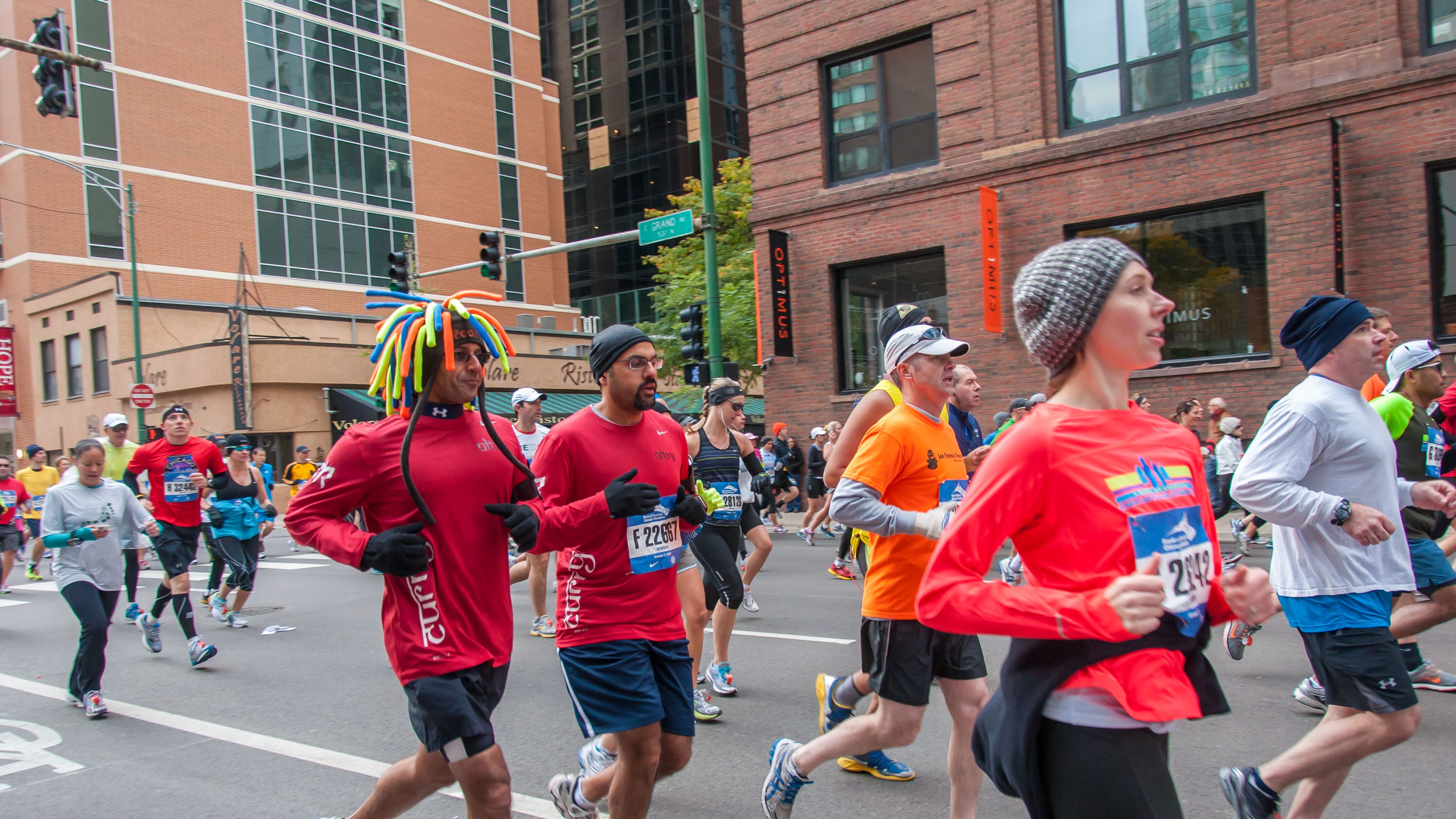A Portland woman is suspected of cheating at last Sunday's Chicago Marathon—and it's not the first time she's been accused of falsifying times in a competitive race.
As first reported by The Columbian last week, on October 13, Emily Clark, 28, crossed the finish line at the country's second-largest marathon with the highly competitive time of 3 hours and 59 minutes. The average marathon finish time for a woman in the U.S. is 4 hours and 56 minutes.
At around the halfway point, Clark's pace changed dramatically, from a 12:15 minute mile to a 6:13 minute mile, drawing accusations of course-cutting from Marathon Investigation, a blog dedicated to exposing runners suspected of cheating in endurance sport races.
The allegation comes only three weeks after Clark—who operates a counseling center in Northwest Portland—was disqualified from last month's PeaceHealth Apple Tree Half Marathon in Vancouver, Wash. Though she was the second woman to finish the race, an organizer claimed to have seen Clark riding a bicycle for part of the course.
In that case, Clark initially claimed the woman on the bike was her "twin sister." She then admitted to Marathon Investigation that she had in fact cheated, and also confessed to cheating in five previous races, including the 2013 Chicago Marathon.
In her statement to the website, Clark wrote that she suffers from an anxiety disorder, and that her actions were motivated by a need for validation.
"Though I can run fast, it is always surprising to people because, while I'm not fat, I'm not as thin as people expect runners to be," she wrote, "and so I've received a significant amount of validation and placed a lot of my self-worth in running."
Clark later appeared to disavow her apology in a post on her now-private Instagram page, claiming the disqualifications were due to judgments of her physical build.
Clark could not be reached by WW for comment. But in a statement to the New York Daily News, Clark explained that the inconsistent splits in Chicago were the result of two asthma attacks.
"This meant I had to stop and sit on the side of the course for a chunk of time and that I had to walk at other times," she told the paper. "The friends who were out there to support me can attest to that. I was badly wheezing and used their inhaler at the halfway point."
A spokesperson for the Chicago Marathon told the Daily News that Clark must provide organizers with details explaining the inconsistencies by Oct. 25 in order to avoid being disqualified.
Related: Route Mishap at the Portland Marathon Costs Top Runners Their Qualifying Times.

